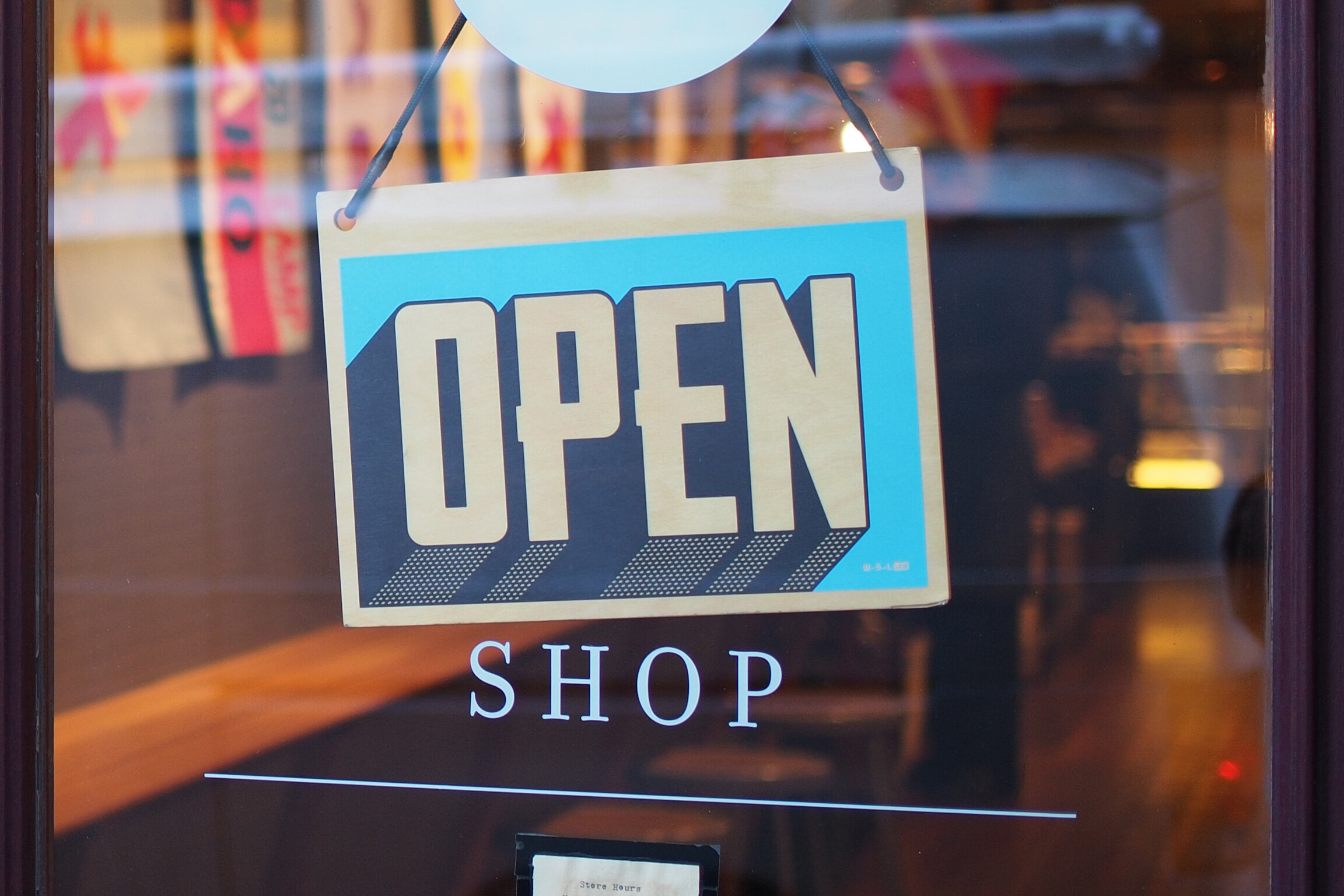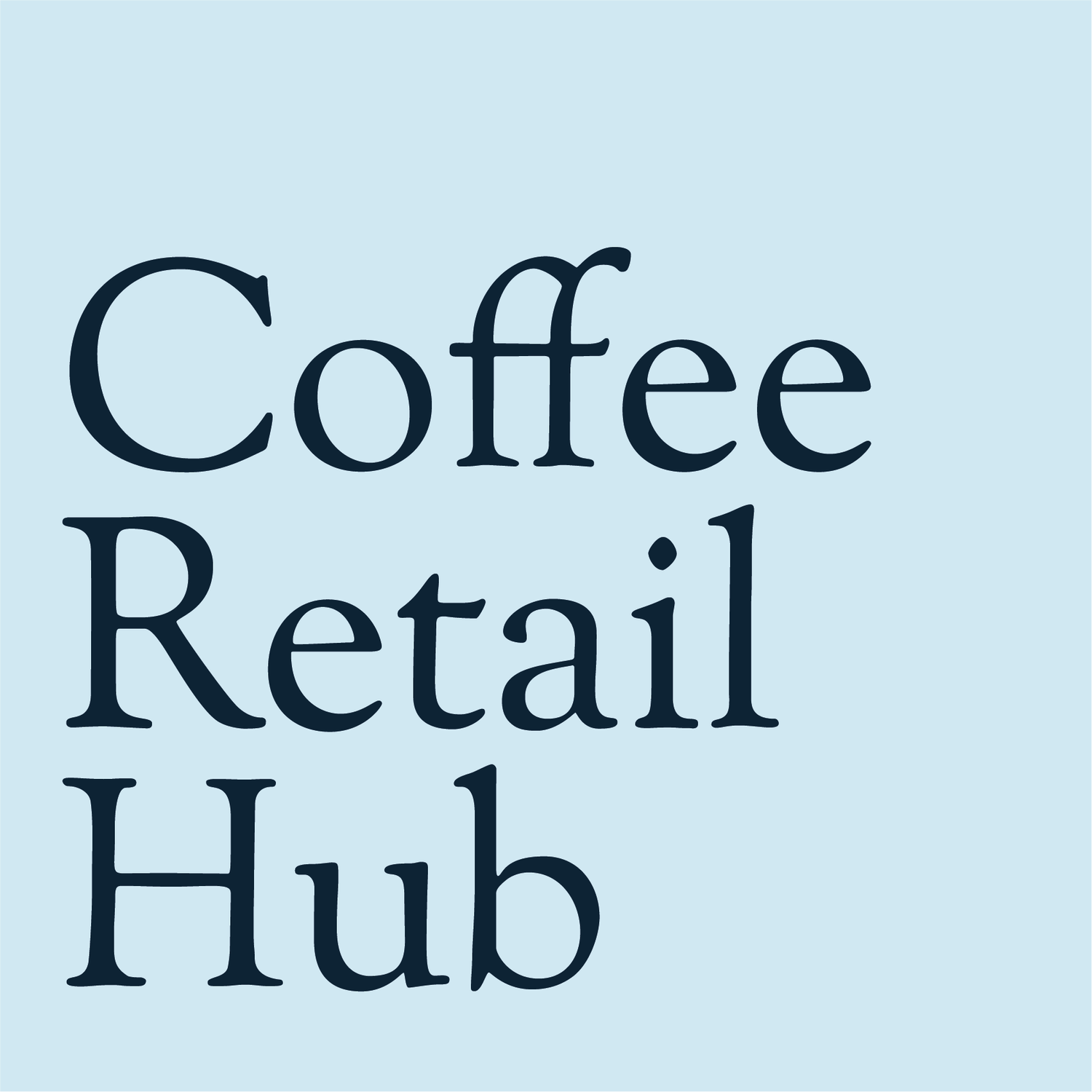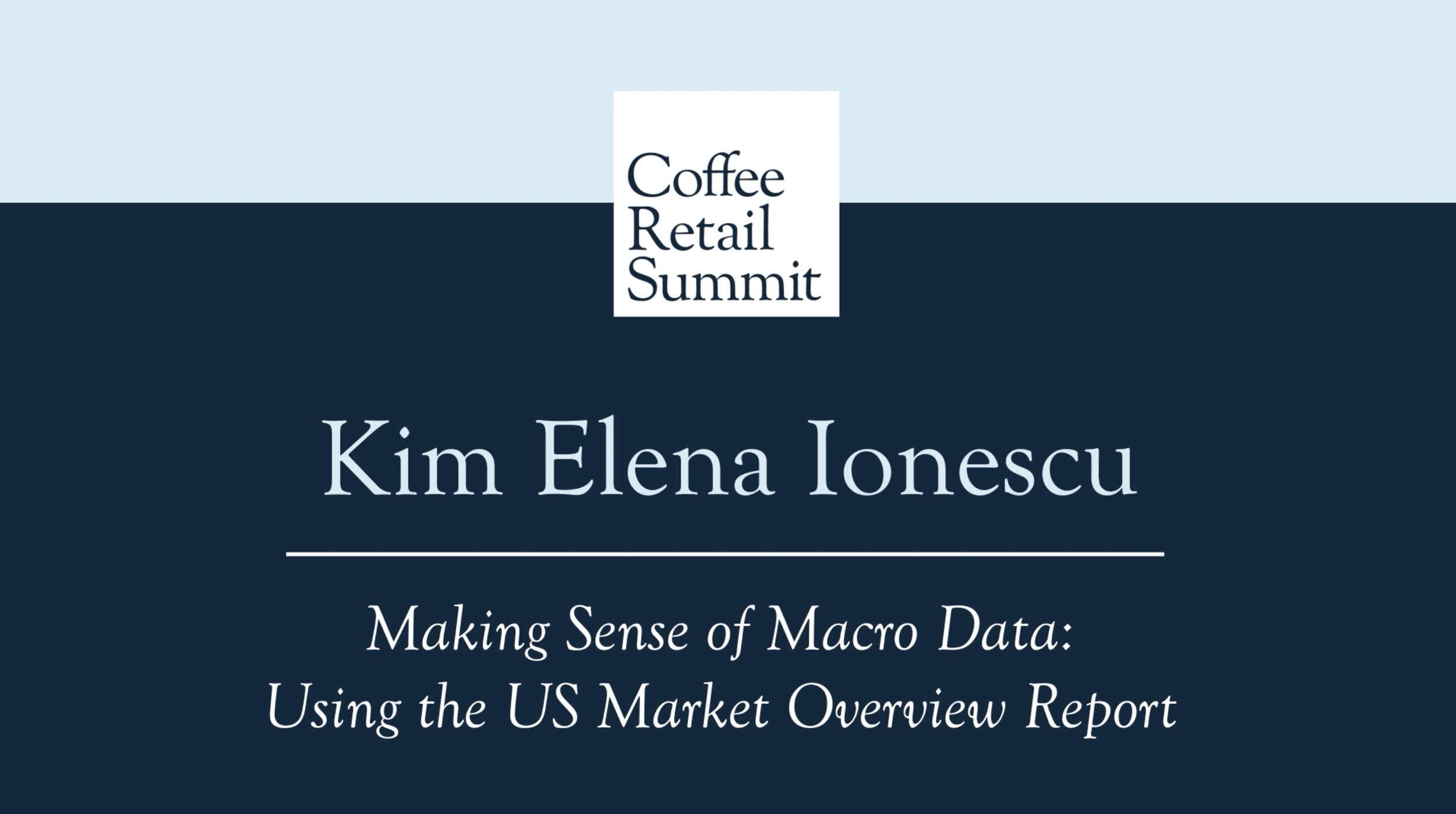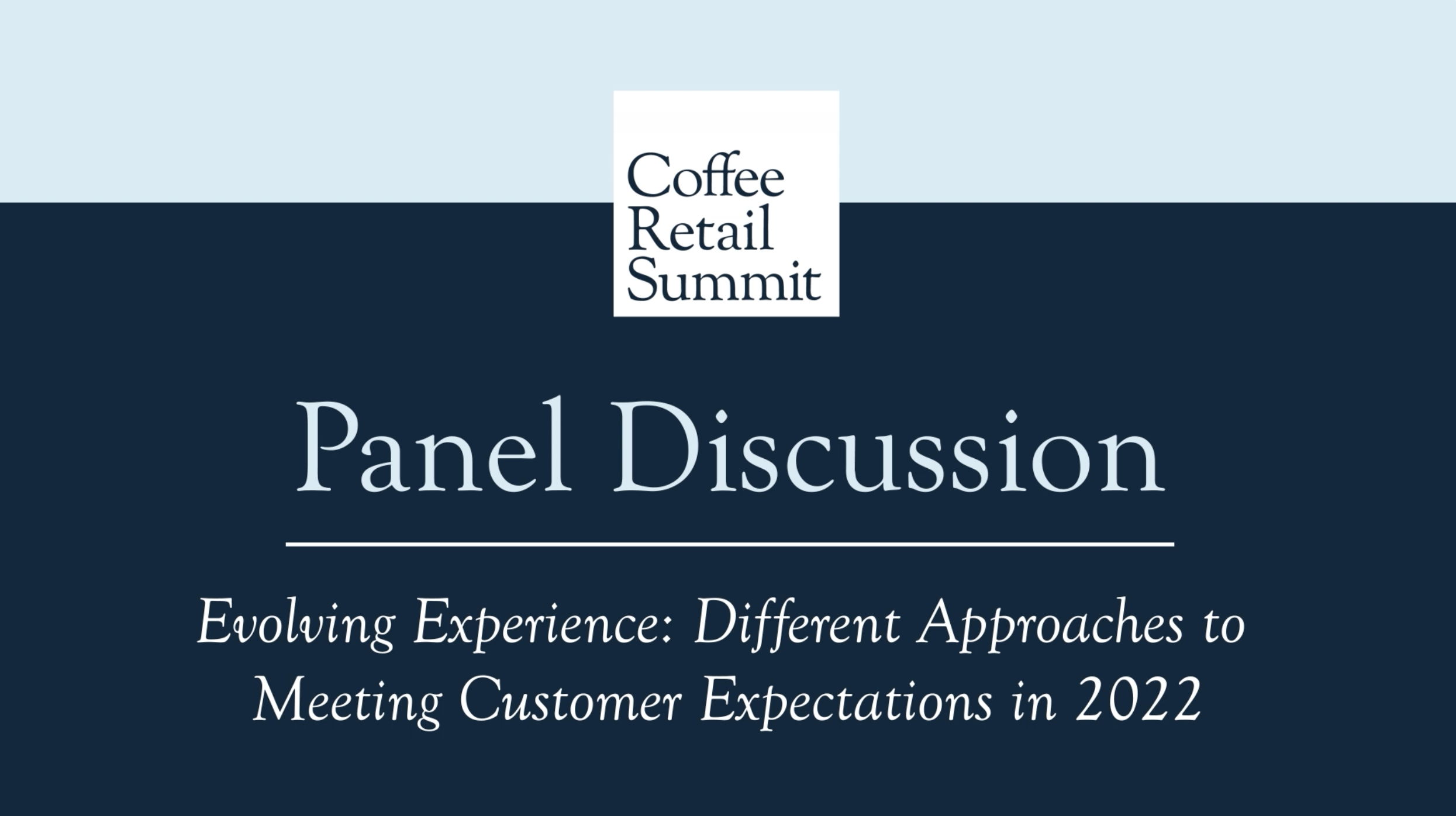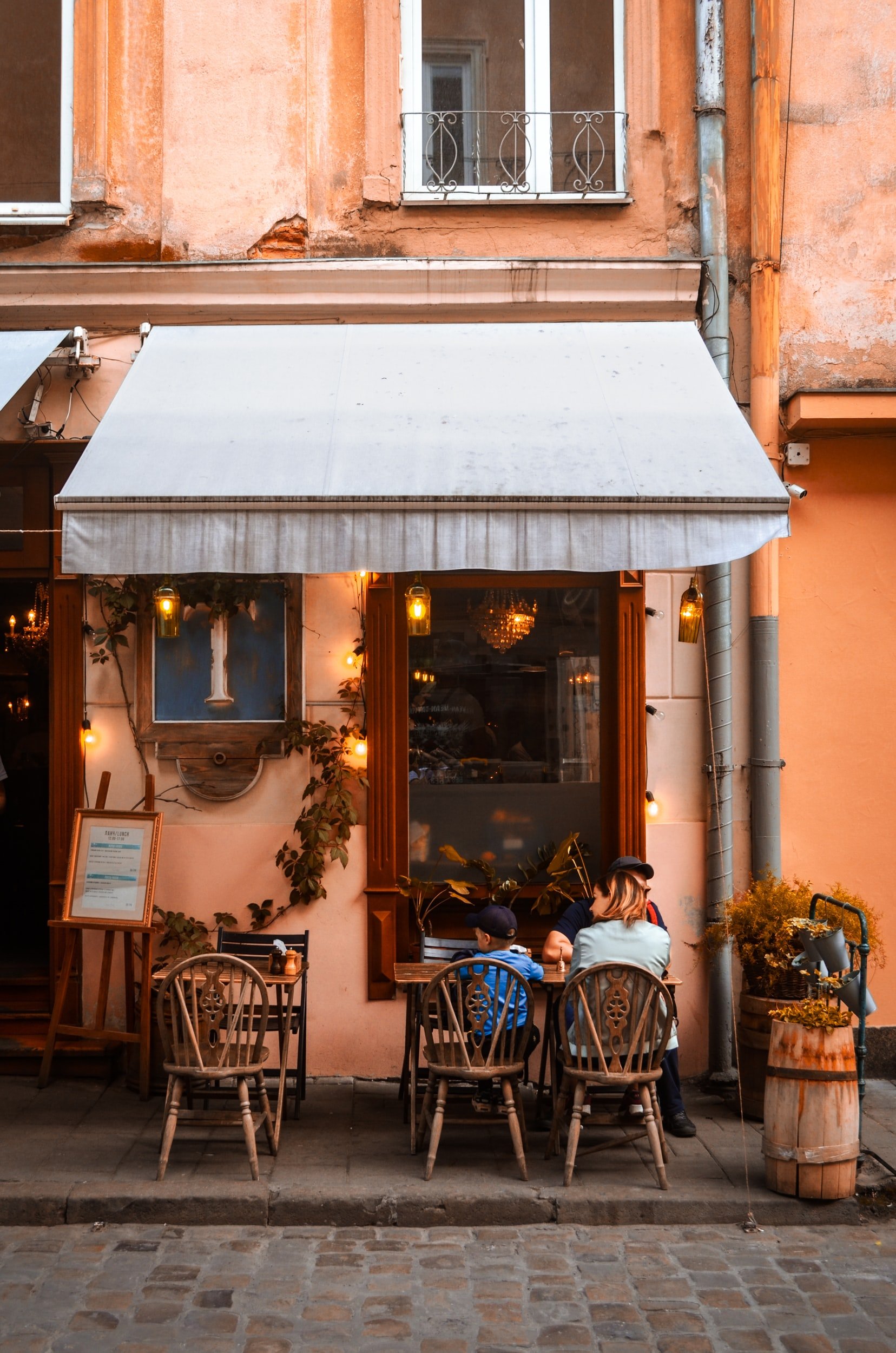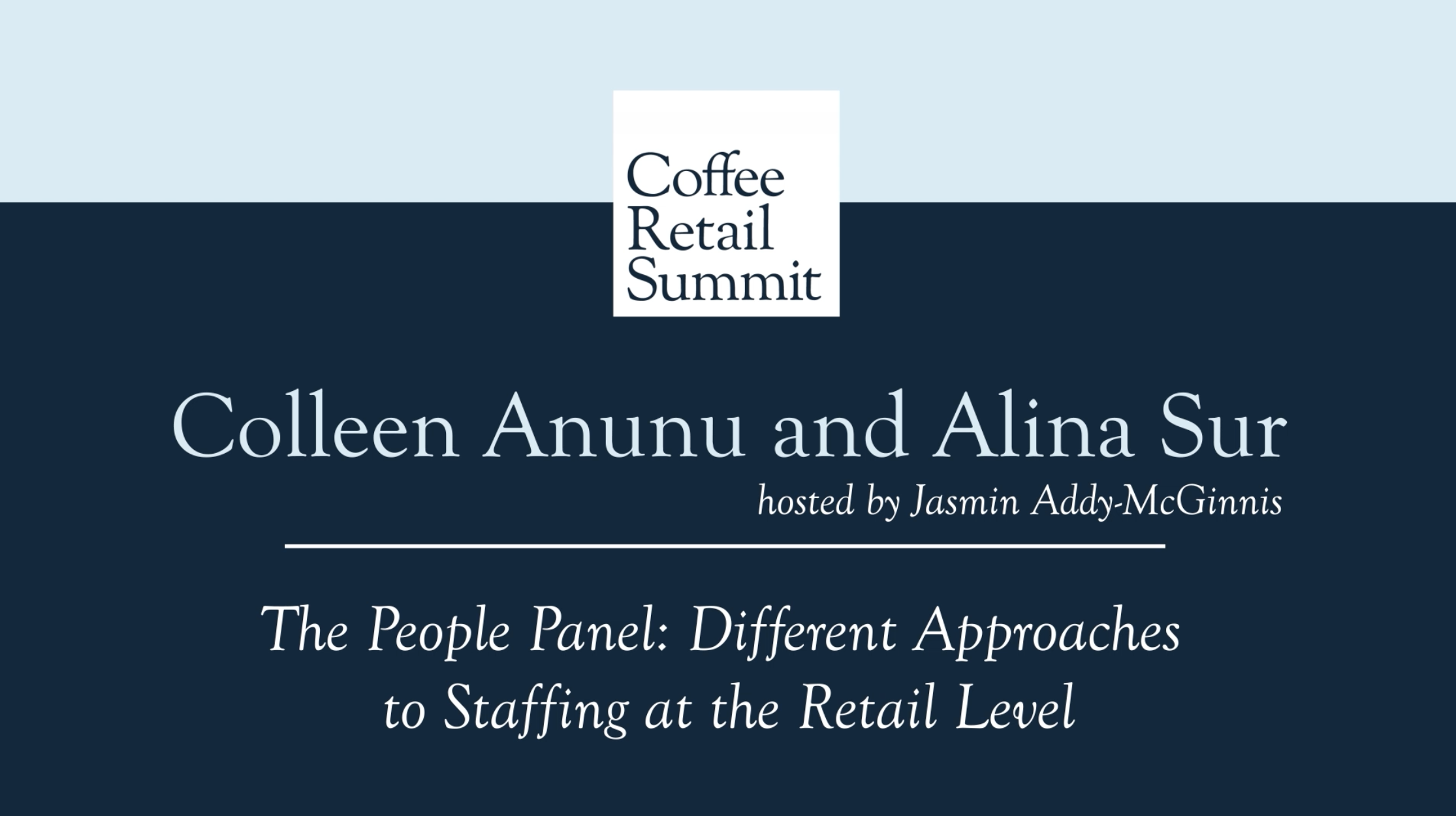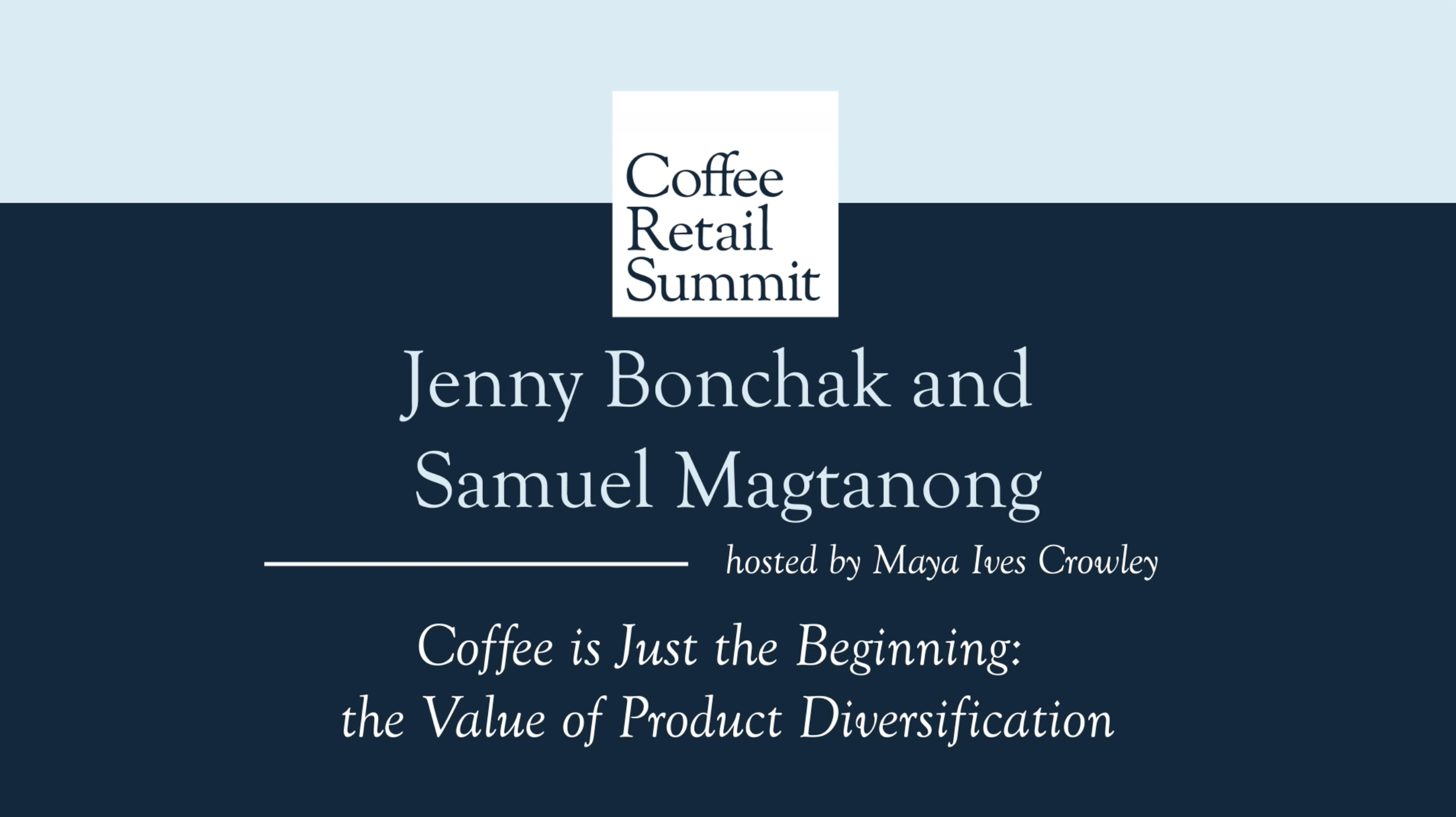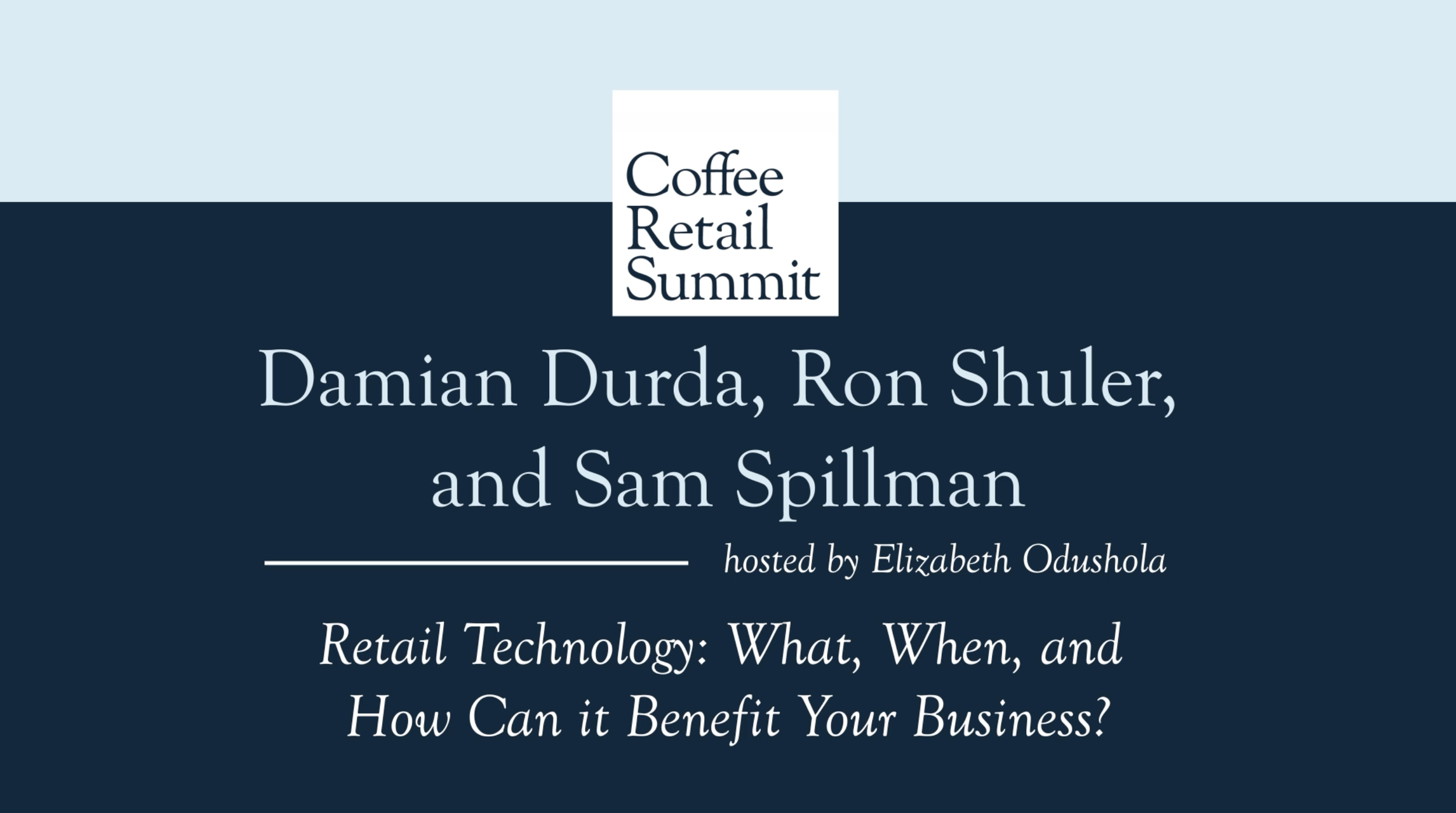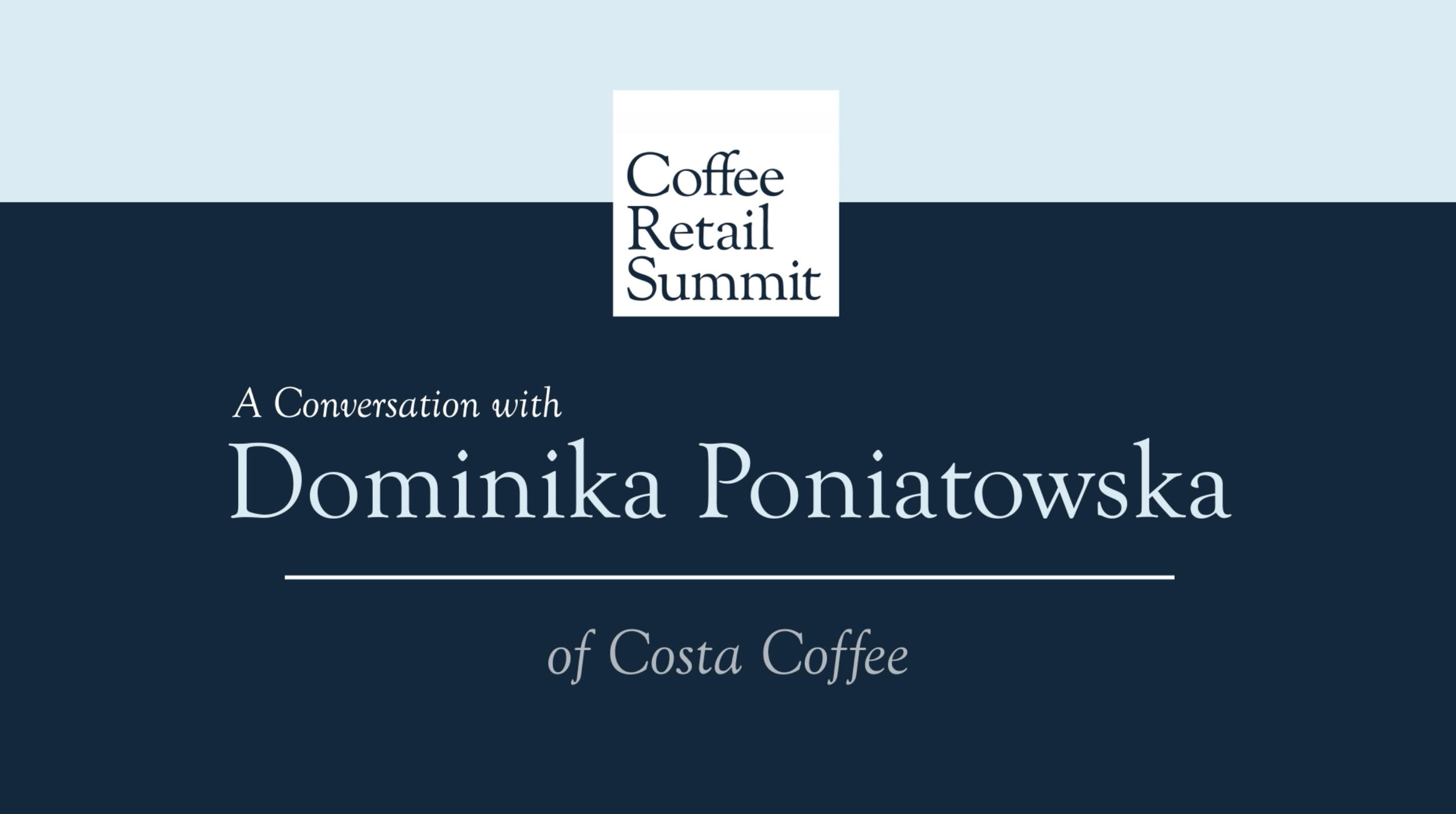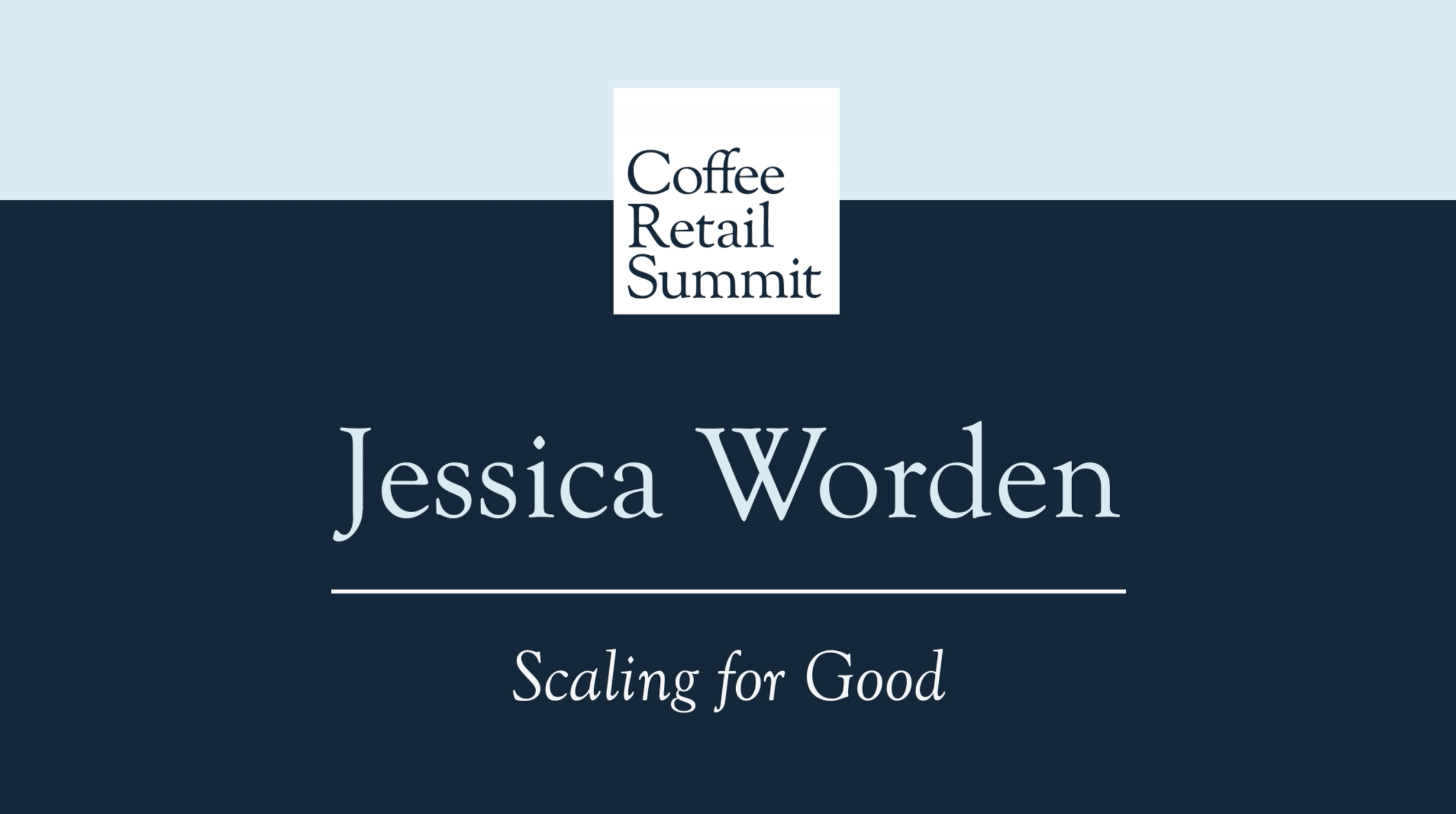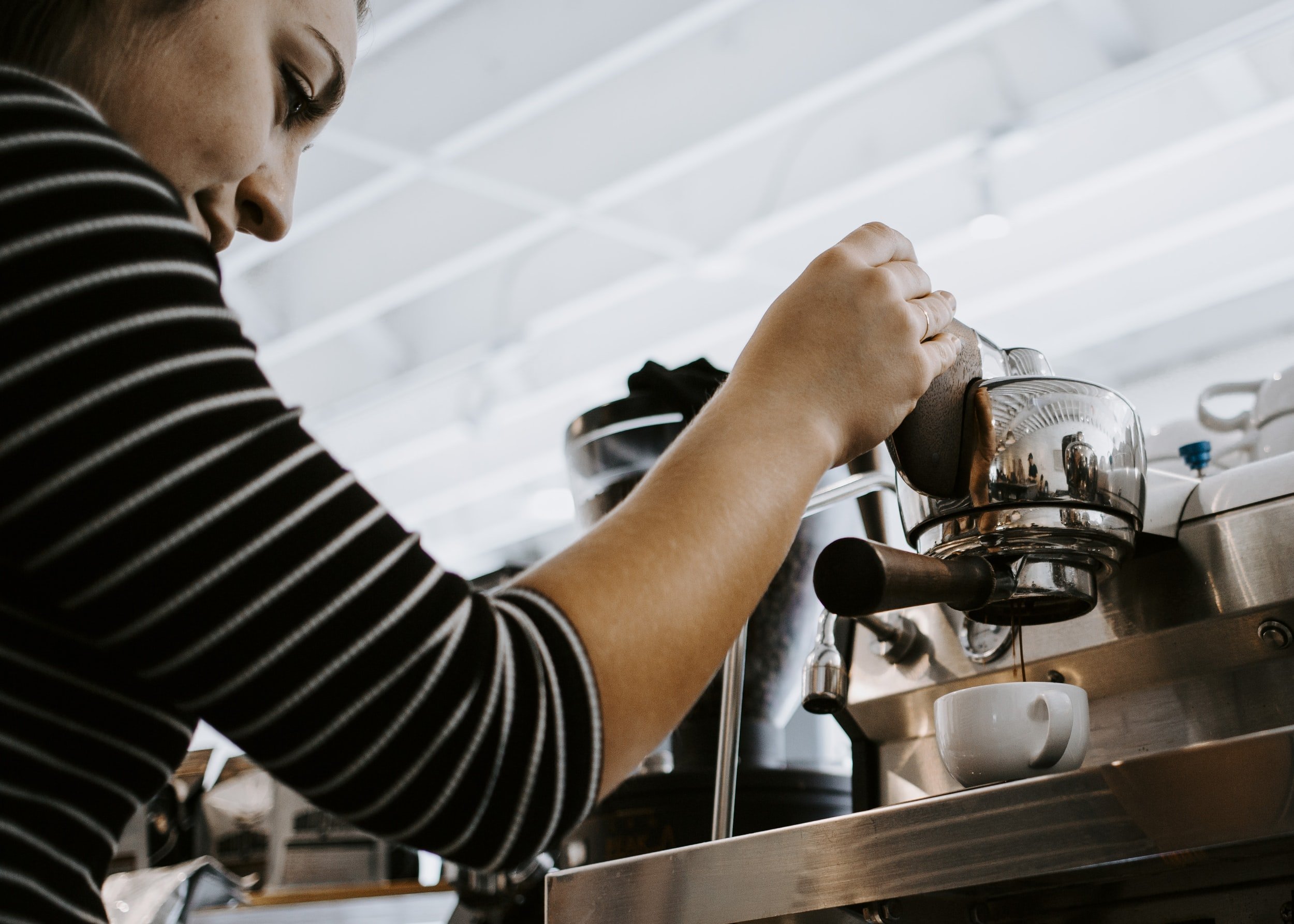
The Business of Coffee
Running a successful coffee retail business is about more than great coffee: How your business is set-up and run is equally important. Over the years we’ve discussed how to approach coffee as a retail business with market research, written features, and talks with businesses of all shapes and sizes.
From setting up a business for success to tracking the constant evolution of the retail experience, we’ve gathered a wide variety of tools to help you understand where your business sits in the greater coffee retail ecosystem and equip you to make informed decisions for the business.
Market Research & Insights
As the world enters its third year living with COVID-19, it turns out even a global pandemic can’t disrupt some universal truths about coffee consumption.
As a move towards the "functional" grips the beverage sector, how might this trend shape opportunities for specialty coffee products and consumers? Jim Watson explores the current market categories and trends in the US, specifically the growth of the "coffee and" segment.
Get an estimate of the US coffee market and the value of selected segments, including place of consumption, channels, categories, and brands in 2020.
Kim Elena Ionescu shares insights from the US Market Report and what we can learn from it.
Bill Murray of the US National Coffee Association offers seven signs that point towards our sector’s future post-pandemic.
With so many data points in the National Coffee Data Trends Specialty Coffee Breakout Report to consider, what are some of the main takeaways for coffee retail businesses to keep in mind?
Just how much did the pandemic impact the overall retail sales of coffee-focused shops and cafés in Europe? Find out in this overview infographic, created with data from Euromonitor International.
As the COVID-19 pandemic impacted the coffee retail sector, how did this affect the number of cafés and coffee-focused businesses in Europe? Get an overview here.

Video Spotlight
New Luxury in Specialty Coffee
Just like our understanding of "specialty" has changed, so too, has our understanding of "luxury." What can specialty learn from "New Luxury" and its relationship to culture? Dr. Thomaï Serdari explains the role of cultural pioneers and some of the way luxury brands are attracting them, with recommendations for specialty brands interested in leveraging the magic of luxury. →
Landscape & Trends
Get to know the SCA’s global platform for connecting buyers and sellers.
NOA BERGER explores how the “field” of coffee was inspired by (and inspires) related industries like fine wine, cacao, and—more recently—vanilla, and queries its impacts.
As the world enters its third year living with COVID-19, it turns out even a global pandemic can’t disrupt some universal truths about coffee consumption.
Origin stories do more than add color to your cup: these extrinsic attributes are an integral part of determining the price we pay (and that farmers earn) for coffee.
Despite (most) of our return to coffee spaces, coffee's unprecedented move online during lockdowns forced social media accounts to pivot from a tool to get people in seats to a destination in and of itself. What happens now? Do we stay on this path, or do we revert? Morgan Eckroth explores the growth of social media during the pandemic and offers actionable recommendations for coffee businesses to make the most of the opportunities ahead.
As a move towards the "functional" grips the beverage sector, how might this trend shape opportunities for specialty coffee products and consumers? Jim Watson explores the current market categories and trends in the US, specifically the growth of the "coffee and" segment.
As specialty coffee reaches new markets—and the number of individuals making these choices increases—it becomes increasingly enmeshed with our sense of identity. We constantly navigate brands (personal and product) in online and real-life spaces—how can we use signifiers across these various brand landscapes to better connect with consumers? What trends are emerging inside—and out—of the sector, and how can we leverage them?
Dagmawi I.E. re-introduces Ethiopian coffee and its consumption, tracing emerging trends in Ethiopia and situating them in context to trends seen in Kenya, Rwanda, and Uganda. Traditional and emerging markets alike can learn from Ethiopia's lessons in charting a way forward through in their own unique context.

NEW Video
Brick by (Virtual) Brick
Despite (most) of our return to coffee spaces, coffee's unprecedented move online during lockdowns forced social media accounts to pivot from a tool to get people in seats to a destination in and of itself. What happens now? Do we stay on this path, or do we revert? Morgan Eckroth explores the growth of social media during the pandemic and offers actionable recommendations for coffee businesses to make the most of the opportunities ahead →
Community Insights
Origin stories do more than add color to your cup: these extrinsic attributes are an integral part of determining the price we pay (and that farmers earn) for coffee.
As specialty coffee reaches new markets—and the number of individuals making these choices increases—it becomes increasingly enmeshed with our sense of identity. We constantly navigate brands (personal and product) in online and real-life spaces—how can we use signifiers across these various brand landscapes to better connect with consumers? What trends are emerging inside—and out—of the sector, and how can we leverage them?
Dagmawi I.E. re-introduces Ethiopian coffee and its consumption, tracing emerging trends in Ethiopia and situating them in context to trends seen in Kenya, Rwanda, and Uganda. Traditional and emerging markets alike can learn from Ethiopia's lessons in charting a way forward through in their own unique context.
Will Frith, Founder of Building Coffee in Ho Chi Minh City, believes it’s past time for a new narrative about Vietnam, and not only as a coffee producing country – Vietnam’s coffee retail and consumption trends point to new ways for coffee drinkers to connect to each other internationally and across supply chains domestically.
Using her experience studying specialty coffee in France (a traditional market) and Brazil (a domestic market), Noa Berger shares more about an exciting intersection of cultural identity and specialty coffee driving the growth of the Israeli specialty coffee market.
What are the customer expectations in 2022, and how do you meet them? This panel discussion features Pascal Herzog, Executive at ViCAFE and Serafina Luginbühl, Finance & Business Development Manager at Kaffeezentrale Switzerland.
Kim Elena Ionescu shares insights from the US Market Report and what we can learn from it.
As the specialty coffee market grows to become an integral part of local culture, it also negotiates “local” and “global” in new ways. NOA BERGER traces how French cafés and roasters navigate the “glocalization” of specialty coffee.
Explore All Business of Coffee Resources
What knowledge and practices are essential to today's coffee industry leaders? As coffee culture undergoes a transformative shift, learning and education are paramount.
It's easy to make assumptions about what makes a business like Coffee Collective successful, but the truth is that success - and growth - result from a complex web of decisions.
During the past decade, specialty coffee has seen at least a dozen regional retail brands explode onto the national (and even the international) market, gaining recognition and multi-channel distribution by leveraging venture capital.
Yoonseo Choi advises coffee retailers on how to succeed in e-commerce.
Payhere is a Point-of-Sale system chosen by one out of every three new coffee shops in Korea.
SARAH CHARLES, writer, Communications Officer at the International Trade Centre, and author of a recent dissertation on mandatory supply chain due diligence, outlines the history, opportunities, and challenges of regulatory sustainability approaches while offering a path forward for coffee businesses grappling with the shift from a voluntary to a regulatory approach.
For organizations striving to understand where profitability intersects with non-financial factors, the term ESG may be just as familiar as sustainability. KELLEM EMANUELE offers an ESG primer tailored for the coffee industry.
During this panel discussion focus is on staffing at the retail level. SCA’s Mansi Chokshi talks to Alina Sur, Brand President & Human Resources at Madcap Coffee Company and Jasmin McGinnis, Owner/CEO at Barista's Daily Grind/Cup of Coa, who shares their perspectives.
This panel discussion is all about product diversification! Hosted by Maya Ives Crowley, Owner and Operator at Uncommon Coffee, it features Jenny Bonchak, Founder and Chief Executive Officer at Slingshot Coffee Co. / Needs & Wants and Sam Magtanong, Housekeeping Director at Mostra Coffee.
In this panel discussion, Damian Durda, Green Coffee Buyer and Partner at Nemesis Coffee and Ratnagiri Estate, Ron Shuler, Chief Operating Officer at Joe Coffee Company and Sam Spillman, Director of Coffee and Customer Experience at Caffe Vita Coffee Roasting Co, talks to SCA’s Elizabeth Odulshola about technology in the retail business.
Dominika Poniatowska is a high class market and insights analyst. She gained professional experience in the consulting, FMCG and retail industries. For almost 10 years associated with areas such as category management, shopper insights and revenue growth management. For almost 6 years she worked for the beverage market leader where she actively translated the corporate strategy into the sale of beverages. At the beginning of 2018 she joined Costa Coffee team where currently is responsible for portfolio management including matching the assortment to sales segments, determining pricing strategy and adapting promotional mechanisms to shopper needs.
Michael Nagel leads the International Expansion of BibeCoffee, a Telemetry solution that makes it possible to connect both semi-automatic barista machines and fully automatic machines of any brand on one platform. BibeCoffee helps coffee roasters and chains to standardize cup quality, transform commercial models and streamline maintenance.
Jessica is most well known for leading GAIL's Bakery to define good coffee in the hearts and minds of neighborhoods across London and surrounding areas. She is passionate about building inclusive cultures, celebrating craft and creating opportunities for personal development through coffee. In her role as Head of Coffee, she focusses on building sustainable business growth strategies to scale and celebrate specialty coffee. Jessica fundamentally believes that the specialty coffee industry can be a vehicle for local and global change.
Jessica Yinka Thomas shares a new model of business designed to maximize wellbeing, interdependence, and drive change.
What if you were told the things you've been experiencing throughout the pandemic—uncertainty and discomfort—are the very things that innovative and adaptable businesses not only tolerate, but embrace? Vaughn Tan explores both concrete examples of embracing uncertainty and abstract thought experiments to inspire exploration of your own business through the lens of innovative uncertainty.
As consumers' demand for unique coffee experiences grow, so, too, does consumers' concern about the environment and the welfare of actors across the supply chain. Aleksander Robaszkiewicz asks: What can we learn from products and services creating new, immersive experiences while generating value for everyone involved?
Luis Samper encourages us to shift the relationship between roasters and producers change from “procurement” to “co-branding partners.” This creates increased value for the producer, encourages relationships and innovation over time, and builds strong origin stories that engages consumers.
While baristas and other coffee professionals may find it hard to make millions, they should be able to make sustainable wages while also developing as a professional. What are ways that cafés, roasting companies, and other coffee industry organizations can provide this working environment?
Stephen Morrissey speaks with Roland Horne about WatchHouse’s rapid expansion and diversification, the challenges this poses, tactics for standing out, and the reason for the brand’s inception in 2014.
Specialty coffee thrives on big visions, but successful retail coffee businesses thrive on more than vision alone.
Growing from a specialty coffee takeaway shop to a 500 shops in seven countries requires learning as you go, designing customer experiences, and—of course!—not being afraid of change.
Branding, events, digital engagement, packaging, anchor visuals in the design of the space: is investing in all these things critical for success in a market more accustomed to the novelty of latte art?
Einar Holthe, Founder and CEO of Fuglen, shows us how retail can serve as a model for ways to improve cityscapes and build sustainable value chains beyond coffee.
Lynsey Harley’s story provides insight on how to take chances and approach futureproofing your retail coffee business.
Learn more about the benefits and opportunities of expanding your opening hours and your offerings through coffee, wine, food, and hospitality.
Vaughn Tan, Assistant Professor of Strategy and Entrepreneurship at University College London's School of Management and author of The Uncertainty Mindset, provides some practical tips (and a free, easy-to-use tool) to help entrepreneurs plan businesses that work.
When your staff feel valued, your customers feel valued. This session focuses on the importance of your internal structure, systems, and culture.
Learn the fundamentals and economics of a coffee retail business from an investor's perspective.
Review concepts such as the value of setting strategic marketing objectives, target marketing and brand positioning, and the marketing mix—all through the lens of environmental, social, and financial sustainability.
Learn to position your brand through word of mouth, brand affiliation and unique proposition creating your brand identity that customers will love.
